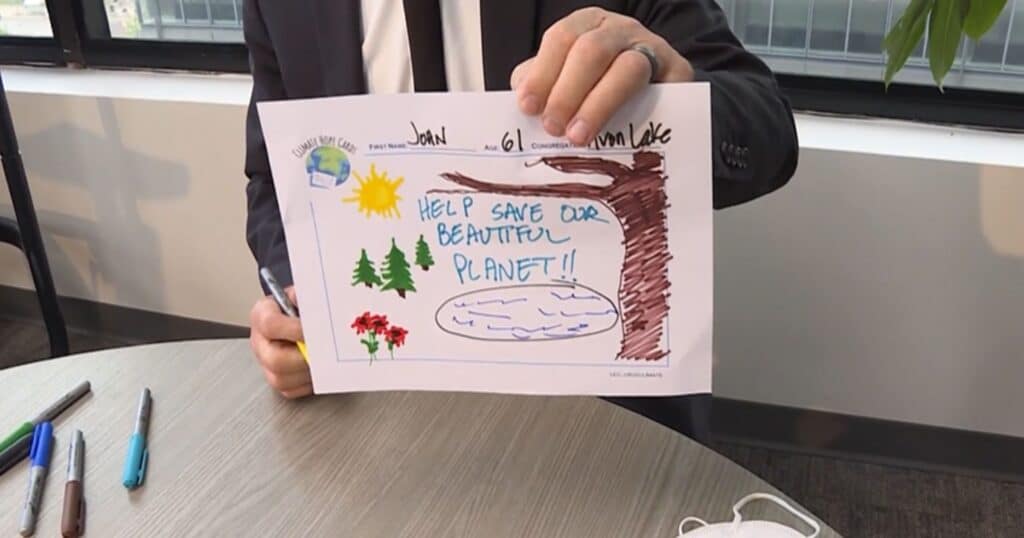Grant Recipients for Climate Justice Fellowships
To further support prophetic climate ministries, the UCC Council for Climate Justice raised $22,500 through last year’s Giving Tuesday, so it could provide grants to churches and UCC-affiliated organizations for the purpose of creating Climate Justice Fellowships for youth and young adult leaders during the summer or academic year. Three grant recipients of $5,000 for academic year fellowships will be determined in July. We are now excited to share news of the recipients of three grants for summer fellowships of $2,500:
Christ The Healer United Church of Christ of Oregon City, Oregon
Fellow Tori Asay will have an immersive experience of action and reflection in all aspects of the launch of The Climate Cafe. The Climate Cafe will create an artistic and educational “Third Space” for community organizing in a repurposed church building serving locally sourced, restoratively grown, earth friendly food. The cafe will embody loving all creation through sustainable food production and distribution. The cafe will further demonstrate an Acts 4 gift economy around an open table where all are welcome to eat and “pay what you can.”
The Horton Center of the New Hampshire Conference
Fellow Lydia Hansberry will be developing a new, creative climate justice curriculum for all ages that will be used during the Horton Center’s Climate Superheroes camp week. An additional goal will be to integrate elements of the curriculum throughout all the weeks of the Horton Center’s camp programming. Moreover, the resulting curriculum will be intended for not only this summer’s programming but for future summers as well. Hansberry brings with her a particular interest and focus on the intersection between climate justice and racial justice.
Union Congregational Church of Montclair, New Jersey
Fellow Robeson Amory will learn from four environmental organizations about instances in which communities organized themselves to fight against polluters at local, state, and federal levels. Along with learning about models of community activism, outreach, and education, important areas of focus include habitat restoration, local food production, and the unequal impacts of pollution on different communities. Amory will additionally become engaged in choosing a community project to develop and implement.
Related News
The Racial History of a Church’s Land
In 1859, Oregon joined the Union as the only free state with an exclusion clause in its...
Read MoreThe UCC’s 2025 Climate Hope Art Contest
Register your church now! For the third straight year, the UCC is conducting a...
Read MoreFinding Faith in Cancer Alley
Cancer Alley is the nickname given to 80 miles of the Mississippi between Baton Rouge and New...
Read More

